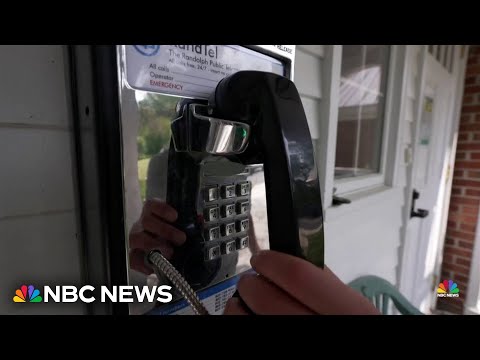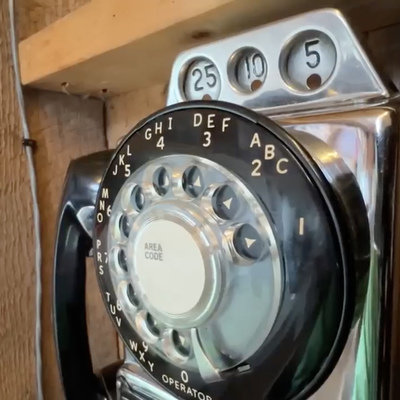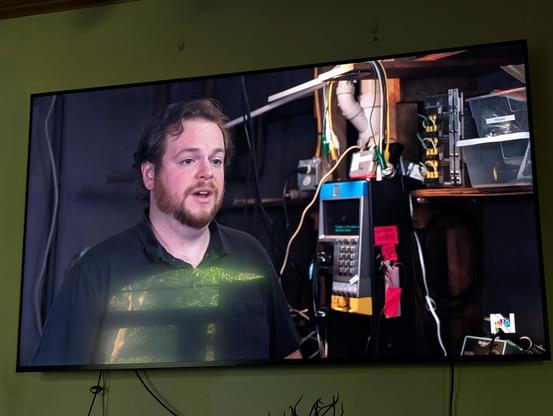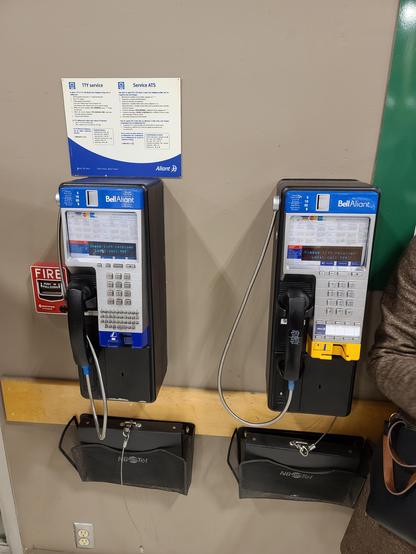
Good News: Vermont engineer restores payphones for community use
I'm so glad people are doing these kinds of things to keep public telephony alive.
Looks like these are being setup in libraries/stores/etc where cell service is bad, so I dont think hes using a cell modem.
I'm betting hes connecting to the local buildings wifi and routing calls that way via VOIP, voice over IP. So these look like a simultaneous donation, his payphone/tech/effort and the locations power/internet.
@Sempf @chartier he may use an Arduino to control the power/signalling to the payphones and other linked equipment.
He appears to be using as much of the original tech as possible - payphones need various extra signalling on top of standard analogue lines - and maybe some other type of ATA (analogue telephone adapter) for the VOIP end (a commercial off the shelf one would be easiest way of dealing with things like battery and ringing voltage, and I believe some of the Grandstream ones even handle loop disconnect (pulse/rotary) dialling).
So great, and I'm not the least little bit surprised. This is so on-brand for VT right now. People here working outside the capitalist economy to support those around them and provide necessary goods and services.
@meganL @Sempf
I was using my grandmother's trusty model 500 rotary up until 2008.
My favourite thing in the world was answering a call by snapping the bottom of my fist down against the cable end of the handset, popping it into the air then catching it and bringing it to my ear in one smooth motion.
I recently emailed him about the payphone here in #ThisOldClownHouse!
Nice guy, directed me to a more geographically local project for help. :)
We also still have a few of these Millenium phones in our town.
https://www.core77.com/posts/137183/Engineer-Fixes-and-Re-Installs-Old-Payphones-Provides-Free-Calls-to-the-Public

Engineer Fixes and Re-Installs Old Payphones, Provides Free Calls to the Public - Core77
Payphones "were the only things that were built to last for decades and be out in the elements," says electrical engineer Patrick Schlott. He should know; as a hobby, he buys secondhand payphones, rewires them, then asks local businesses in rural Vermont if they'd let him install them. His goal
Come on down to Philly! That's what @philtel does: https://www.npr.org/2022/12/21/1144627726/public-pay-phones-are-returning-to-philadelphia-this-time-the-calls-are-free
@jetsilver


